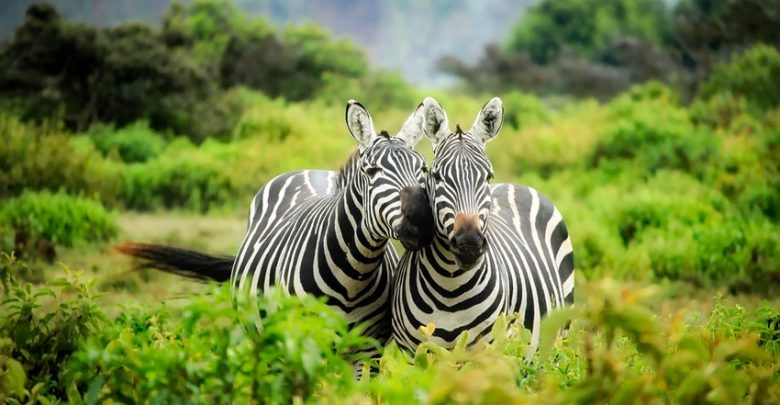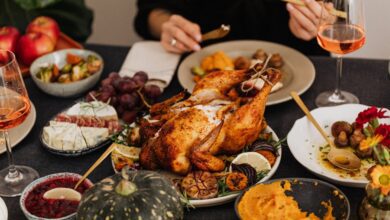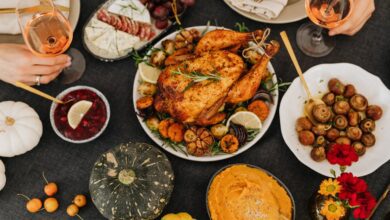| land habitat
habitat = where animals live
|
jungle, savannah, mammal, rain forest, desert, arctic
mammals are a type of animals that feed their babies with their milk |
| water habitat |
sea, seahorse, pool, pond, river, marsh
pool = a small area of water eg.: can be seen after rain
pond = a small lake
marsh = soft wet land
|
| collective nouns
group of animals together |
flock, arctic, herd, pack, pride, troop, swarm, school, murder, parliament
flock = group of birds
herd = group of cows, deer, elephants
pack = group of wolves, dogs
pride = group of lions
troop = group of monkeys
swarm =group of bees
school =group of fish
murder = group of crows
parliament = group of owls
|
| type of eater |
hamster, herbivore, carnivore, omnivore, carrion eater
herbivore = eats plants
carnivore = eats meat
omnivore = eats anything
carrion eater = eats dead animals
|
| what they eat |
grass, leaves, chemical fertilizer, meat, carrion, fish
chemical fertilizer = an artificial material added to soil to help plants grow
carrion = dead animal
|
| climate |
tropical, arctic, temperature, equatorial, moderate
equatorial = around the Equator (middle part of the Earth)
moderate = not extreme. E.g.: Hungary has moderate climate.
|
| animal types |
fish, giraffe, birds, mammals, reptiles, amphibians, insects
reptiles = cold-blooded animals that lay eggs and are covered with scales
amphibians = spend first part of their lives in water but as adults live on land
insects = small animals with 6 legs and often wings
|
| offspring
babies |
cub, puppy, duckling, pet, piglet, kitten, calf, foal, fawn, hatchling
cub = young bear, cheetah, hyena
puppy = young dog
duckling = young duck
piglet = young pig
kitten = young cat
calf = young cow, elephant
foal = young horse, donkey, mule
fawn = young deer
hatchling = young turtle, crocodile
|
| threats |
hunters, poachers, urban expansion, agriculture, recycling, pollution, habitat loss
poachers = illegal hunters
urban expansion = growing cities
habitat loss = losing an appropriate place to live
|
| reason for hunting |
horn, ivory, medicine, pets, trophy, oil, skin, fur, vitamins
ivory = the yellowish bone an elephant’s tusks are made of
fur = soft hair that covers the body of many mammals
|
| environmental change |
deforestation, desertification, drainage, destruction, calendar
deforestation = cutting out trees
desertification = the land getting too dry to cultivate
drainage = the system of pipes that take away water from an area
|
| saving animals |
preservation, taxidermy, repopulation, captive breeding, sanctuaries, parks
preservation = protecting something so that it doesn’t change, is not destroyed
taxidermy = preserving dead animals by filling their skins with soft materials
repopulation = taking animals back to their original habitats
captive breeding = breeding animals in controlled environments e.g. in zoos.
sanctuaries = a special area where animals can live in natural environment protected from people.
|






